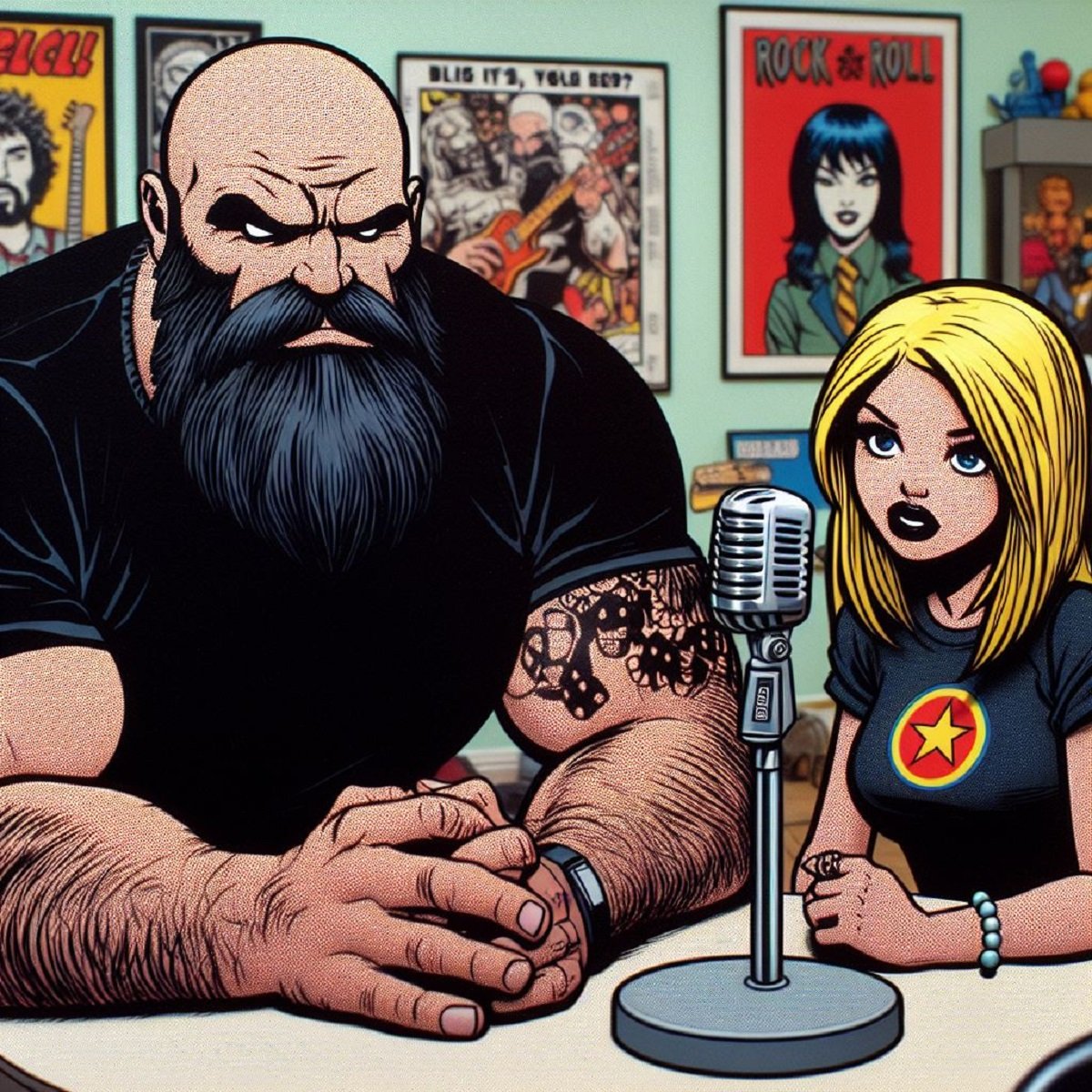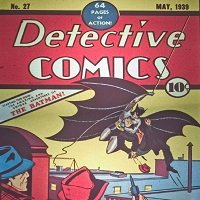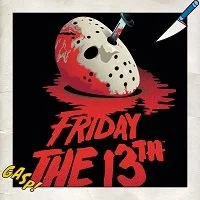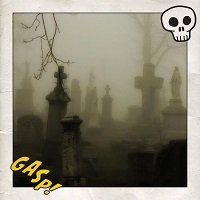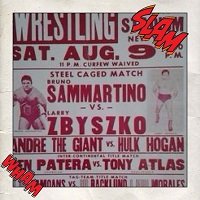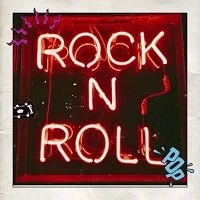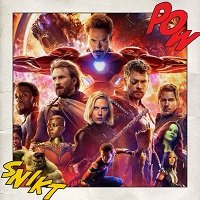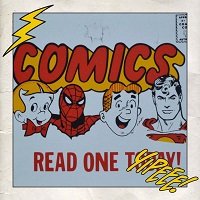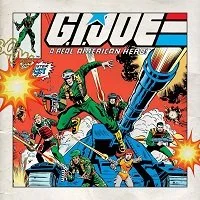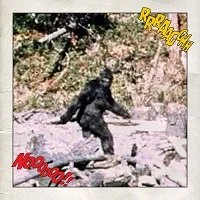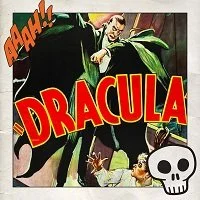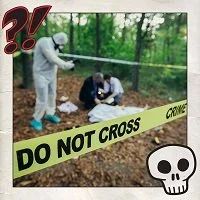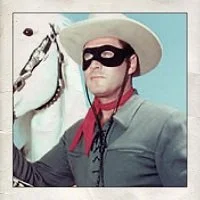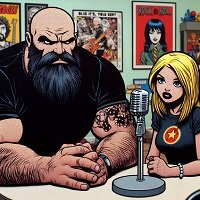Witch Hunt by Rush
By: Karl Stern (@dragonkingkarl, @wiwcool, karl@whenitwascool.com)
If ever there was a vanity article this would be it. One of the nice things about owning one's own website is that you can write an article and sing praises to the world about really obscure things. I will go ahead and warn you right out of the gate that this article is biased (I am a giant Rush fan) and it is deep into the Geekosphere (my word). If you are a musician (I played drums) or a fan of theological and psychological writing then this article is for you. If you just want to "rock out dude" then probably not so much. I am about to dissect on of my favorite songs from the 1981 epic Rush album Moving Pictures- Witch Hunt.
Most people know Moving Pictures because of the biggest mainstream hit Rush ever had- Tom Sawyer. Interesting enough, Tom Sawyer (an amazing song I will dissect another time) was not Rush's biggest charting single in the U.S. That goes, oddly enough, to the largely forgotten New World Man from Signals the following year. But enough of the dry facts let's get into the good stuff.
This is what I call the "Rush Starter Kit" Also notice that the people on the album cover are literally moving pictures.
People who know of my fandom of Rush often ask me what my favorite song by the group is and I have a hard time answering that question because it often changes depending on where I am in life. There are some constants however. Usually somewhere in the top five are Witch Hunt, Tom Sawyer, Natural Science, and from their most recent studio album the song The Garden. Very often Witch Hunt holds position number one.
There are so many things as a musician and deep thinker that I like about this song. As I write this in the early fall of 2016, America seems to be tearing itself apart with the most divisive Presidential election in modern history. The racial divide seems as substantial as it has been since the civil rights era. There are literally riots taking place in cities across the nation protesting police shootings of African-Americans and there is substantial hate and discontent brewing all over the nation.
The song begins with a sparseness and builds to a complexity in a perfect crescendo. As a musician I appreciate that. The song gives you time to appreciate Alex Lifeson's powerful riff only being accented by Neil Peart's drums. This sparseness gives the listener an opportunity to sense the dark and ominous atmosphere that this song truly deserves. If I have one criticism of Rush it is that they are so very good at their instruments that often atmosphere is sacrificed for complexity. Neil Peart also writes the lyrics and, on occasion, that complexity over runs Neil's lyrics and doesn't give them the room to breathe they deserve. This is one of the instances that the song has time to build and create the appropriate atmosphere.
"The night is black without a moon. The air is thick and still. The vigilantes gather on the lonely torch-lite hill."
The opening lyrics come right after some indistinct rebel rousing in the background created by Peart in the snowy woods near the now abandoned Le Studio in Canada. Alex Lifeson kicks in with a harsh riff backed only by the accents of Peart on drums. Geddy Lee lays off the bass for now and refrains from screeching out of the gate. In fact, Geddy Lee sings the whole song in a low key dispelling naysayers who think he only sings at mega-octaves. He chooses the perfect pitch for the dark atmosphere of the song. Peart lyrically paints an ominous scene of a gathering mob.
Features distorted in the flickering light. Faces are twisted and grotesque. Silent and stern in the sweltering night the mob moves like demons possessed.
Those few lines give me chills especially when you can tell the band is holding back. The sparseness of the music during this lyric gives an intentional nervousness about what's to come. Getting lost in the song you can see the humanity and conscious leave the mob as they incite themselves to riot.
Quiet in conscious, calm in their right, confident their ways are best.
I never cease to get chills by the phrase "confident their ways are best". If history tells us anything from the Inquisition to the Holocaust that when men decide "their ways" are "best" nothing good comes of it for the common man nor the innocent. The song's name is Witch Hunt and one need not look further than the witch hunt's of Europe or Colonial America to know that innocent people die when men get confident their ways are best. Even today we read of the atrocities committed by ISIS which are horrifying to civilized people and know that righteous indignation is one of the most dangerous weapons still possessed by man.
After this stanza Geddy Lee literally wails and Neil's drums pound an angry beat and the sparseness gives way to an angry growing complexity to mirror the incitement of the mob. The building and increasingly complex and fitful music gives way to the mob's self justification in the next set of lyrics.
The righteous rise with burning eyes of hatred and ill will. Madmen fed on fear and lies to beat and burn and kill.
I really love the wording of "madmen fed on fear and lies to beat and burn and kill". There is literally only one multi-syllable word in that stanza but it conveys a building level of violence. Beat then burn then kill. A mob building in intensity, hatred, and violence. Then we get their self justification as the music levels out for a moment.
They say there are strangers who threaten us in our immigrants and infidels. They say there is strangeness too dangerous in our theaters and bookstore shelves.
The lyrics in this stanza are a little difficult to unpack. Worded this way it takes a bit of deciphering but the mob leaders or the mob themselves are telling us there are strangers who are a danger to us with their ideas. Here in 2016 with the Syrian immigrants in Europe and the long term Mexican immigration into the United States how many times have we heard the pundits play on these fears? I really like the fact that Neil weaves into the lyrics that it's the new and strange ideas that are the most dangerous thing about these "immigrants" and "infidels" which are threatening us through way of our "theaters" and "bookstore shelves". Today it would have been our websites and social media. Then comes the most chilling and dangerous line of the song.
Those who know what's best for us must rise and save us from ourselves.
How many thousands of lives have been taken over the millennium by those who are saving us from ourselves? Is there a more frightening thought than this?
But then when the anger has peaked the music backs down to a lighter tone and Neil Peart leaves us, not with the mob and their righteous indignation, but with a philosophical thought instead to put it all into context as the music gets less angry but remains complex, especially in Neil's ridiculously complex run on the toms.
Quick to judge, quick to anger, slow to understand. Ignorance and prejudice and fear walk hand in hand.
Neil is having a little fun here misquoting the Bible specifically James 1:19. I say having fun because he is calling out the hypocrisy of those who would stand on the Bible to justify the mob hatred toward witches... or immigrants... or infidels... or extrapolate that out to 2016 and add homosexual or race or whatever the latest "scary" thing it. The Apostle James actually says "Everyone should be quick to listen, slow to speak, and slow to anger" but Neil shows us the righteous mob is hearing this as "quick to judge, quick to anger, and slow to understand." I love that. It really is Peart at his best. Then he wraps up the lyrics with the wise observation that "ignorance and prejudice and fear walk hand in hand." The music then solidly wraps up with everything being said that needed to be said.
Really, the perfect song for making this point and a vastly underrated classic.
Here is the studio version mixed perfectly- https://www.youtube.com/watch?v=_MWzDKE4zbY
Here is a live version from 1984 I really enjoy- https://www.youtube.com/watch?v=FbNPhNuMDJM
Here is a quote from Neil Peart about the song from the song's Wikipedia page.
The idea for the trilogy was suggested by an older man telling that he didn't think life was ruled by love, or reason, or money, or the pursuit of happiness -- but by fear. This smart-but-cynical guy's position was that most people's actions are motivated by fear of being hungry, fear of being hurt, fear of being alone, fear of being robbed, etc., and that people don't make choices based on hope that something good will happen, but in fear that something bad will happen.
I reacted to this the way all of us tend to react to generalities: 'Well, I'm not like that!' But then I started thinking about it more, watching the way people around me behaved, and I soon realized that there was something to this viewpoint, So I sketched out the three 'theaters of fear,' as I saw them: how fear works inside us ("The Enemy Within"), how fear is used against us ("The Weapon"), and how fear feeds the mob mentality ("Witch Hunt").
As it happened, the last theme was easiest to deal with, so it was written first, and consequently appeared first on record, and the other two followed in reverse order for the same reason.
